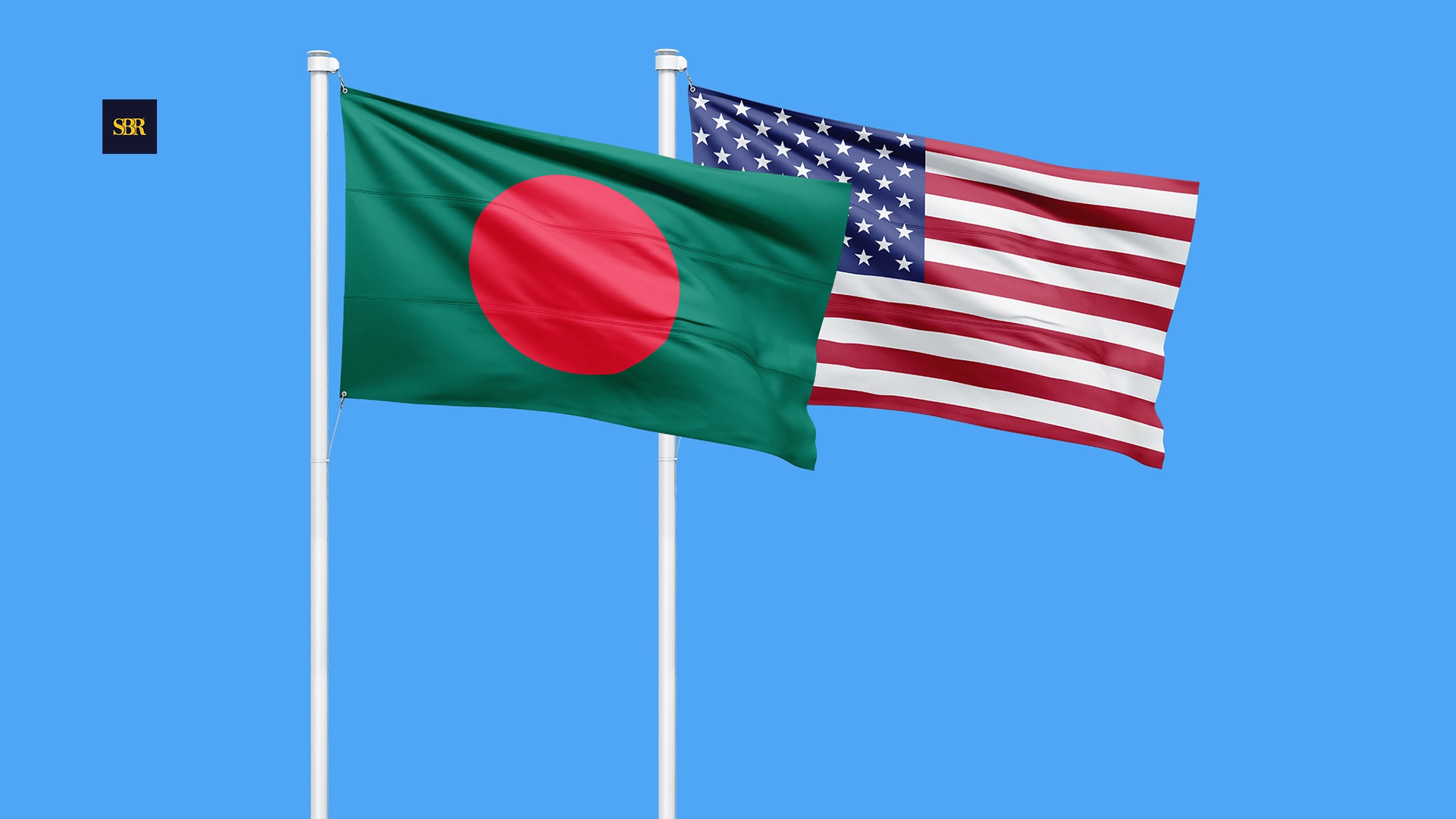Meta announced a significant privacy update stating that the personal calls and chats of all Messenger users will now be encrypted by default. This move brings the service more in line with its counterpart, WhatsApp. CNBC reported this on Wednesday evening.
Loredana Crisan, the head of Messenger, mentioned in a corresponding blog post that due to the encryption technology, "nobody, including Meta, can view the content of messages or calls unless you opt to report a message to us."
Crisan stated that the encryption of all Messenger chats will be a phased process, with Meta relying on a set of cryptographic principles to guide its strategy. Among these principles are one developed in-house and another utilized by the well-known Signal encrypted messaging app. The timeline for complete encryption was not specified.
Since 2016, Messenger users have had the option to opt-in and secure their chats through a process known as end-to-end encryption. This process involves scrambling communications, preventing third parties from eavesdropping and accessing the data. While Meta's other messaging app, WhatsApp, also employs end-to-end encryption, privacy advocates typically view Signal as a more secure communication service due to its minimal collection of user data.
“After years of work rebuilding Messenger, we’ve updated the app with default end-to-end encryption for all personal calls and messages,” Meta CEO Mark Zuckerberg wrote in a Facebook post on Wednesday. “Huge congrats to the team on making this happen.”
In 2019, Mark Zuckerberg announced that the social networking company would implement encryption technology across all private communications within its suite of apps. This emphasized a substantial commitment to privacy, with Zuckerberg attributing the shift to evolving consumer preferences wherein individuals "want to connect privately in the digital equivalent of the living room."
“I believe the future of communication will increasingly shift to private, encrypted services where people can be confident what they say to each other stays secure and their messages and content won’t stick around forever,” Zuckerberg said at the time.
Mark Zuckerberg outlined his vision for a more privacy-centric Facebook in response to a series of data-privacy mishaps, notably the Cambridge Analytica scandal, which significantly tarnished the company's reputation.
Over time, Meta has introduced various privacy-related updates, one of which involved allowing select Instagram users in a few countries to opt-in for the encryption of their direct messages. This feature was tested in 2021.
In 2022, Meta conducted a test on Messenger that enabled users to back up their end-to-end encrypted conversations for accessibility on other devices. It's worth noting that this test occurred shortly after Meta supplied Messenger chat histories to Nebraska law enforcement for an investigation into an alleged illegal abortion in the state. However, a spokesperson from Meta stated that the test and the law enforcement assistance were unrelated.
Meta's latest encryption announcement is likely to contribute to the ongoing debate surrounding privacy and law enforcement's ability to conduct investigations. This debate has been highlighted in past instances, such as in 2016 when the FBI sought assistance from Apple to unlock the iPhones of suspects involved in a major shooting in San Bernardino, California. Apple declined, asserting that complying with the request would compromise user safety by weakening encryption.
More recently, leaders at WhatsApp and Signal declared that their services would no longer be available in the United Kingdom if lawmakers enacted legislation that weakened encryption. The U.K. government argued that Meta's encryption push could pose challenges in detecting online child abuse activities. This situation underscores the ongoing tension between privacy rights and the interests of law enforcement.
The quotes incorporated in this piece were sourced from CNBC.
















